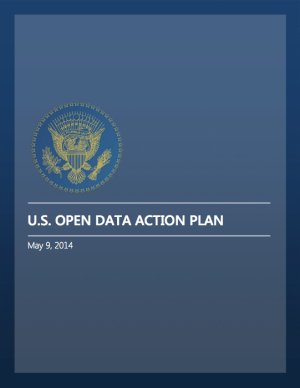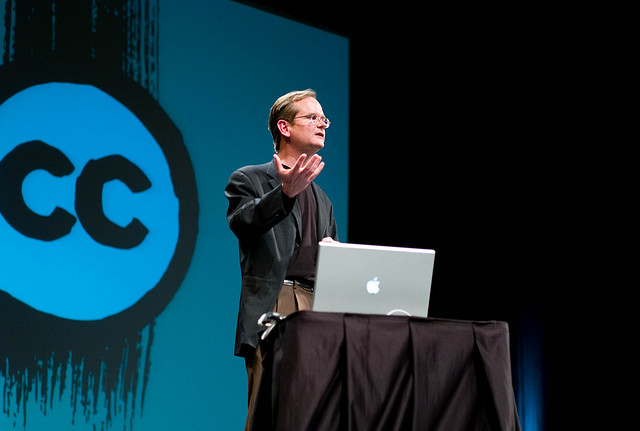Creative Commons Names Ryan Merkley as Chief Executive Officer
mercredi 14 mai 2014 à 20:57
Ryan Merkley / Rannie Turingan / CC0
- Download the press release (67 KB PDF)
Mountain View, CA May 14, 2014: The board of directors of Creative Commons is pleased to announce the appointment of Ryan Merkley to the position of chief executive officer. Ryan is an accomplished strategist, campaigner, and communicator in the nonprofit, technology, and government sectors. Ryan was recently chief operating officer of the Mozilla Foundation, the nonprofit parent of the Mozilla Corporation and creator of the world’s most recognizable open-source software project and internet browser, Firefox. At the Mozilla Foundation, Ryan led development of open-source projects like Webmaker, Lightbeam, and Popcorn, and also kicked off the Foundation’s major online fundraising effort, resulting in over $1.8 million USD in individual donations from over 44,000 new donors.
Ryan is a well-known and respected voice in the open source community, and recognized for his unwavering support to open government and open data initiatives.
“As the board has gotten to know Ryan after the past several weeks, he’s articulated a strong vision to us for the future of the organization,” board chair and interim CEO Paul Brest said. “He understands that the internet has changed a lot since we first launched the CC licenses, and that our relevance requires an evolving technology strategy. He also recognizes that this is a crucial moment for CC and its allies: we must work together to strengthen and protect the open web.”
“A public commons, enabled by the open web, is the most powerful force to foster creativity, inspire innovation, and enhance human knowledge around the world. Those who believe in its potential need to join together in a global movement to ensure its success,” said Ryan Merkley. “At Creative Commons we’re making that case, and supporting, inspiring, and connecting the various communities that are building the commons — from open education, to science, to film and photography — and working to provide tools, solutions, and policy on their behalf.”
Creative Commons provides a set of licenses that creators can use to grant permission to reuse their work. With over half a billion openly licensed works on the internet, Creative Commons is internationally recognized as the standard in open content licensing. Ryan will lead a global team of legal and technology professionals who manage and support the licenses, as well as experts who lead CC license adoption efforts in areas like education, culture, science, and public policy.
Ryan joins Creative Commons after a career working to advance social causes and public policy in nonprofits and government. Outside of his work at Mozilla Foundation, Ryan was senior advisor to Mayor David Miller in Toronto, where he initiated Toronto’s Open Data project. He was also seconded to the City of Vancouver as director of corporate communications for the 2010 Winter Games. Most recently, Ryan was managing director and senior vice president of public affairs at Vision Critical, a Vancouver-based SaaS company and market research firm.
Ryan will take up his new position on June 1, 2014. He will be based in Toronto, and will split his time between Toronto and the Bay Area.
Official biography and high-resolution images can be found at:
http://creativecommons.org/staff/ryan
Additional information
Bios and photos of Creative Commons board and advisory council members
http://creativecommons.org/board
Creative Commons launches Version 4.0 of its license suite
http://creativecommons.org/weblog/entry/40935
About Creative Commons
Creative Commons (http://creativecommons.org/) is a globally-focused nonprofit organization dedicated to making it easier for people to share and build upon the work of others, consistent with the rules of copyright. Creative Commons provides free licenses and other legal tools to give everyone from individual creators to large companies and institutions a simple, standardized way to grant copyright permissions and get credit for their creative work while allowing others to copy, distribute, and make specific uses of it.
For more information contact:
Elliot Harmon
Communications Manager, Creative Commons
elliot@creativecommons.org




